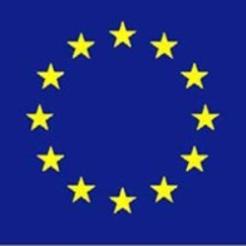The European Commission will propose the creation of a European Voluntary Humanitarian Aid Corps in 2012 to act as a framework for volunteers from across Europe to contribute to aid operations.
A communication from the Commission to the European Parliament makes a series of recommendations to promote cross-border volunteering, including for results of pilot projects in 2011, which have set up and deployed the first volunteers of the European Voluntary Aid Corps, to lead to a formal proposal for a Regulation to set it up in 2012.
It also said that more funding needed to be made available for volunteer programmes and that stakeholders needed to be made aware what funding is available.
This year has been designated the European Year of Voluntary Activities promoting Active Citizenship and a report assessing the outcomes will be produced before the end of 2012.
So far the Commission has identified seven challenges to volunteering. These are:
- Lack of a clear legal framework and rules for volunteering
- Lack of national strategies promoting volunteering
- The cost of volunteering
- Lack of recognition for skills gained
- Different member states have different tax rules relating to volunteers
- Not enough comparable data to help identify best practice
In 2006 EU member states committed to finding solutions to the obstacles which restrict the mobility of professionals for learning and development purposes including volunteers but this latest Communications says that, “there is still a lot of work to”.
The Commission also highlighted the fact that the EU has a target employment rate of 75 per cent by 2020 and said it was considering ways to incorporate volunteering into its employment strategy.
It said that it was working on a proposal for informal learning through volunteering and that one way this could be done was by displaying volunteering experience and skills on Europass documents and integrating it into the future ‘European Skills Passport’.









